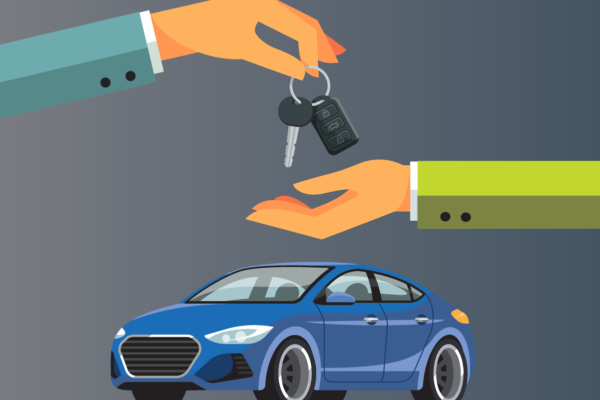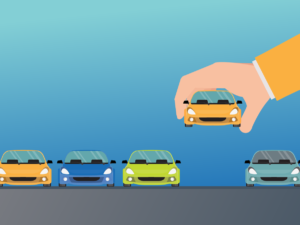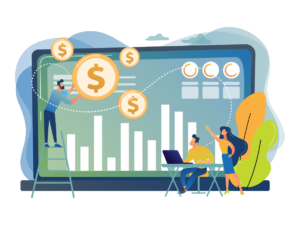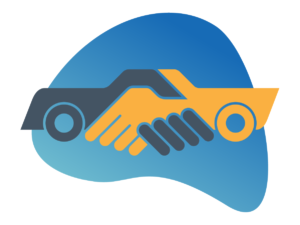Should I Buy My Leased Vehicle?
Two or three years on, you are at the end of your lease, and you have two options: buy your leased car or find a new one. You may lean towards one or the other depending on how much time you have or how much you like your leased car, but it is important to consider a few factors to ensure you are making a solid financial decision.
1. Your Lease Buyout Price
When you are considering buying your leased car, you have the advantage of knowing exactly how much your leasing company will sell it to you for, a benefit that you usually do not get at a car dealership.
Your lease contract most likely specifies a “residual value,” or the estimated depreciated value of the car at the end of the lease. It is also often the price that you can buy the car for at the end of your lease. While you usually have to pay a fee to exercise your right to buy the car at the residual value, you can be sure of how much you will have to pay for your car – meaning you don’t have to negotiate.
However, you should not consider the buyout price in isolation. Instead, compare it to the actual price the car would fetch on the open market by looking up your leased vehicle’s estimated market value on websites like NADAguides.com, Cars.com, Edmunds.com, and others.
Estimated market values can vary, so make sure to look at multiple sources. If the residual value from your leasing contract is close to the estimated market value of your leased vehicle, then buying your leased car is a good option. Moreover, one of the other potential benefits of buying your leased car is that the market value of your car could be greater than its residual value. In this case, you have good reason to purchase it, because you are unlikely to find the same car for a similar price elsewhere.
2. Your Leased Car's Condition
The condition of your leased vehicle can also affect whether you should buyout your lease or not.
Good Condition – If your leased car is in good condition, you want to strongly consider buying it. You might not easily find another used car in similar condition for the same price. So, if you still like your car and have kept it in perfect condition, why not keep it?
Terrible Condition – On the other hand, if your car is in unreasonably poor condition or has sustained damage, your leasing company may slap you with a penalty when your lease reaches term. In this case, you may be better off buying your leased car and avoid the penalty charges.
Mileage – When your leasing company calculated your leased vehicle’s residual value, they estimated how many miles per year you would drive it. They likely stipulated in your agreement that they do not expect you to exceed this mileage, and if you do, that you will pay a per-mile fee for every mile exceeding the limit. Check your speedometer and lease agreement to see if you have exceeded your allotted mileage. If you have, and the resulting mileage fee looks significant, you may want to buy your leased car to avoid the extra charge.
3. Your Time and Effort
While it may not necessarily be a financial consideration, you should consider how much time and energy it would take to find a new car once your lease ends. If shopping for a new car sounds like too much of a hassle right now and you are satisfied with your leased car, then you may want to save time and effort by simply buying out your leased car.







